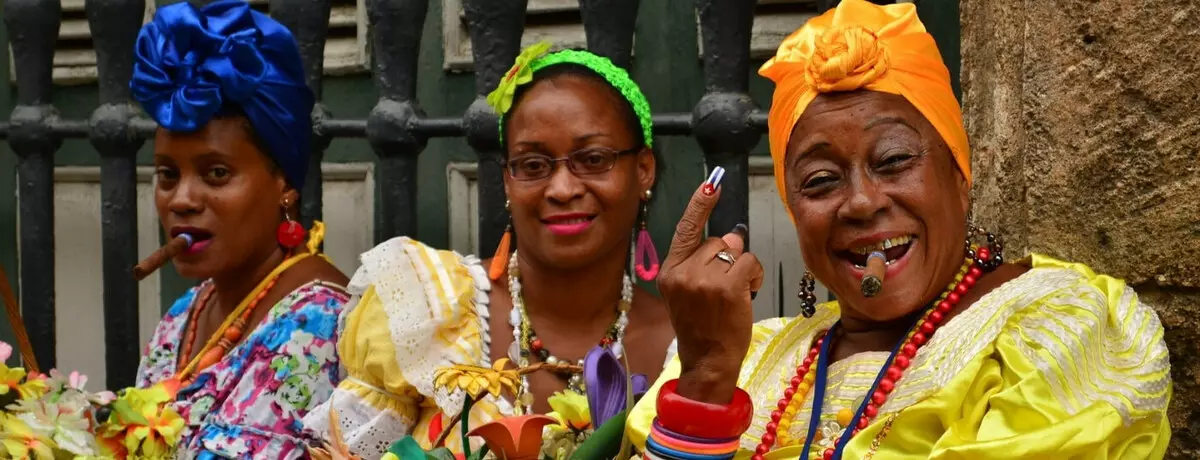
For a long history, a lot of wars and shocks fell on the share of Cubans, which the people of Cuba were able to make decent and proudly. Because of their durability and courage, the land of Cubans began to call the island of freedom. Cuba is really an unusual corner of the Earth. Everything is somewhat different here than in the rest of the world.
The people of the island itself formed from various tribes, many nations, which amounted to the ethnic basis of the new nation. Today, the population's growth is observed in Cuba. For comparison - two more centuries ago, the number of Cubans was 1 million people, and today exceeds the figure of 11 million. What are they - extraordinary and expressive Cubans? What can their history and culture tell?
History Cuban
Initially, Cuba inhabited the tribes of the Indians of the Aravak Group and a number of tribes arriving with Haiti. However, with the advent of the Spaniards, the situation changes dramatically. The indigenous population was pushed into remote regions of the island. A lot of representatives of Indian peoples died in permanent wars with European conquerors. No less fell victim to brought infectious diseases.
Due to the sharply reduced number of aboriginal, the Spaniards needed to bring black slaves. African nationalities brought part of their culture into local beliefs and epos. So, for example, a religion of Yoruba appeared on Cuba, whose homeie is considered to be Nigeria. To a large extent, the nation was formed by a mixed ethnic group (methisami, mulats), as well as as a symbol (white natives of the island).
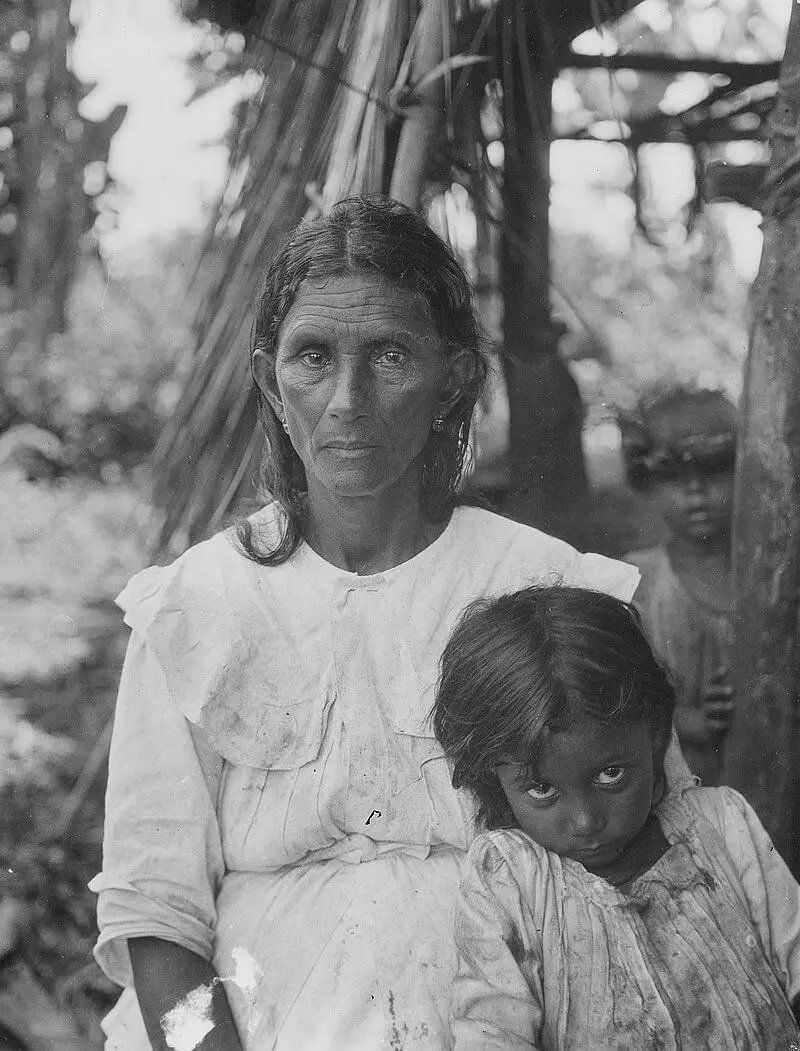
At the end of the XVIII century, new settlers arrive in Cuba. Now this is already French, Italians, Mexican Indians. Their appearance was brightly affected by local culture, turning it into an incontestible pest mixture of various customs - from African to European and Indian.
In 1898, Cuba comes out from under the power of Spain. Cubans are actively developing the cultivation of sugar cane and the sale of sugar. Several industries are gradually being built, which is positively reflected in the economic potential of the island. On the island, which has received its independence, the public structure begins to be formed, the working class and representatives of the intelligentsia appear.
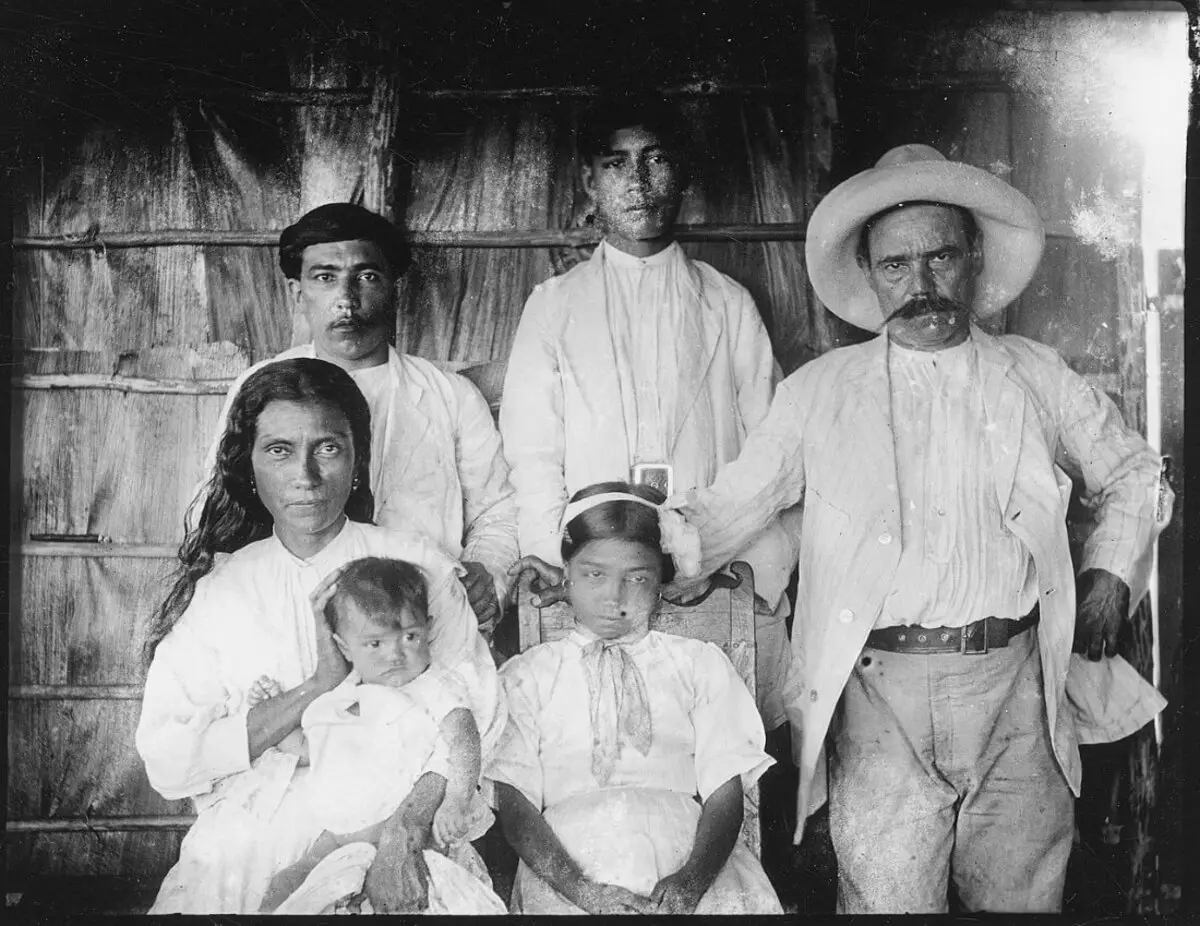
Cuban language and beliefs
Today, most Cubans speak their language, which is a Cuban Spanish dialect. Classic Spanish has become an official language in Cuba. At the same time, he has a lot of differences with Cuban nascha. For example, often in the speech of Cubans there are words of African origin or Indian names, and therefore, the Spaniards can not always understand them.
The vast majority of Cubans are Christians. Catholicism was spread on the island during the period of Spanish dominion. At the same time, today you can meet people who confess other religious directions. For example, a number of families of immigrants from Africa retain the ancient beliefs and customs of the ancestors.
Santeria became quite common in Cuba - a special kind of religion, which arose on the basis of the combination of African beliefs and Catholicism. What is interesting, even in our time, not all the adherents of Saderia are recognized in this (although no one condemns them).
The reason for this was the centuries-old persecution of the Spaniards, which forced African slaves to take Christianity. The revocible captives were forced to demonstrate humility, but they were not going to refuse from their views.
Supporters of Sunteria believe that everything in the world was once created by one God, but he was obeyed by the deities and spirits of the "second rank". They are dominated above the forces of nature and people, and therefore require no less respectful attitude towards themselves. Many rituals Sunternia imply faith in magical rites, communication with spirits and sacrifices.
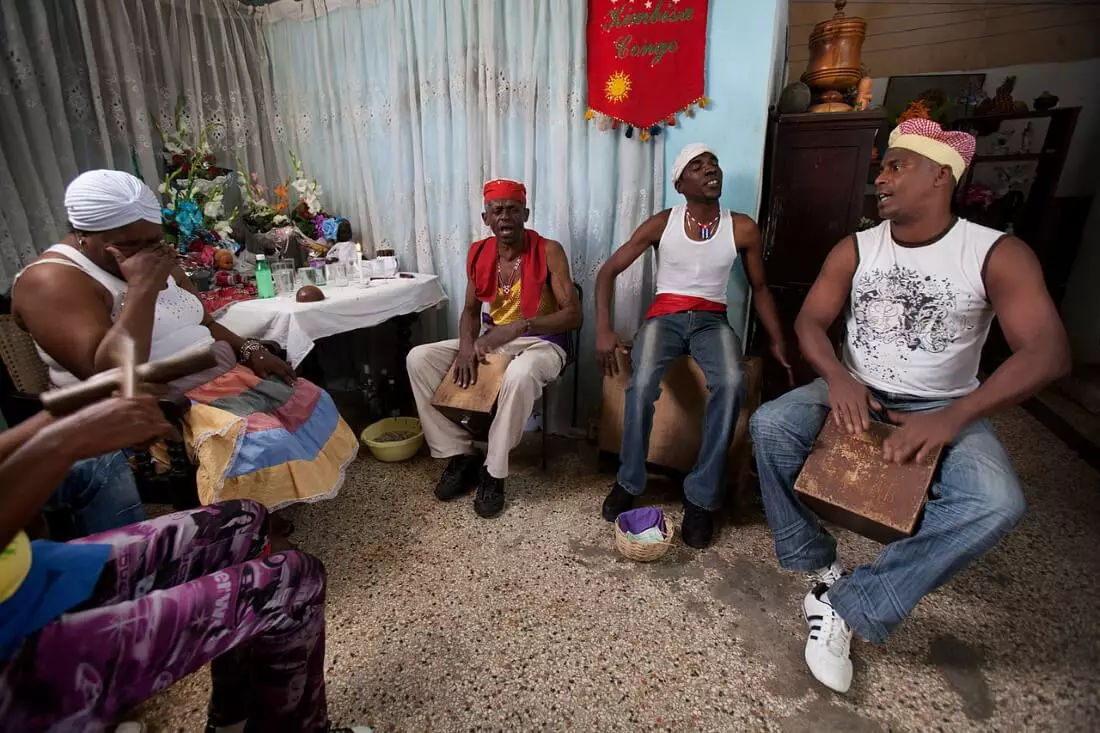
What do residents of Cuba look like?
As genetic studies show, the percentage of Indian blood in modern Cubans is extremely small. Since in many centuries in Cuba there was a constant mixing of various ethnic groups, the Cubans themselves became the people, which has several external types (depending on the predominant nation of the ancestors).
The following types of the people of Cuba are considered the main types:
- African. These people have brightly pronounced neoto features. They are distinguished by dark skin color, extended nose, thick curly hair.
- White. These are the descendants of the Spanish population or the Europeans, which did not return to the island of freedom.
- Mulatto. Present a mixture of the African and European population. May be free-skinned people with curly hair.
- Metisi. They are descendants of the Indians and Europeans. Different with dark skin and fine features of the face.
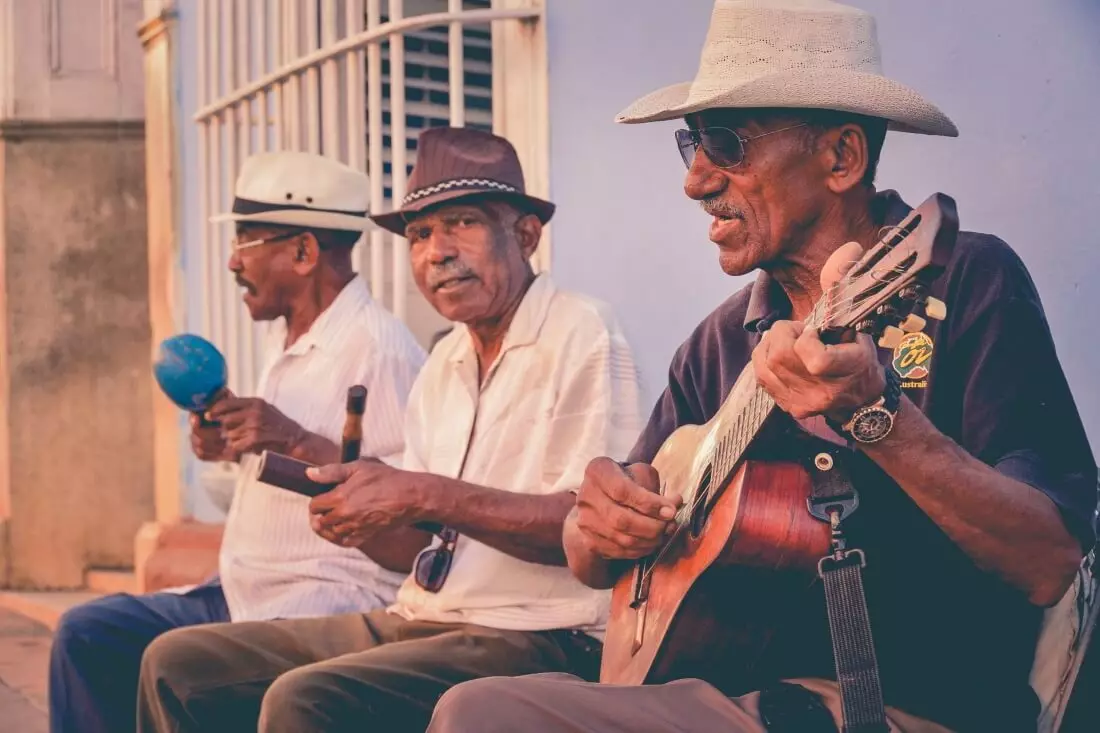
Dwelling Cuban
Despite the fact that the current Cubans are not much like their distant ancestors of Indians, the traditional housing remains an Indian hut, in which the indigenous peoples of the island have once lived. The top of the roof is covered with large palm leaves.
The windows in such a house are not provided, since the main purpose of the hut is to cover their inhabitants from abundant tropical rainfall. Most of his time and cooking Cubans are engaged in the street near the house.
Cubans - the people are bright in all respects. Their pedestrous traditional outfits, an extraordinary mixture of cultures, a special flavor, which can only be formed on such an extraordinary island, made them a truly unique nation. Having passed through many difficulties and deprivation, the Cubans did not lose cheerful gear and the cheerfulness characteristic of their ancestors. Many tourists and nowadays note that Cuba is truly wonderful island of freedom.
